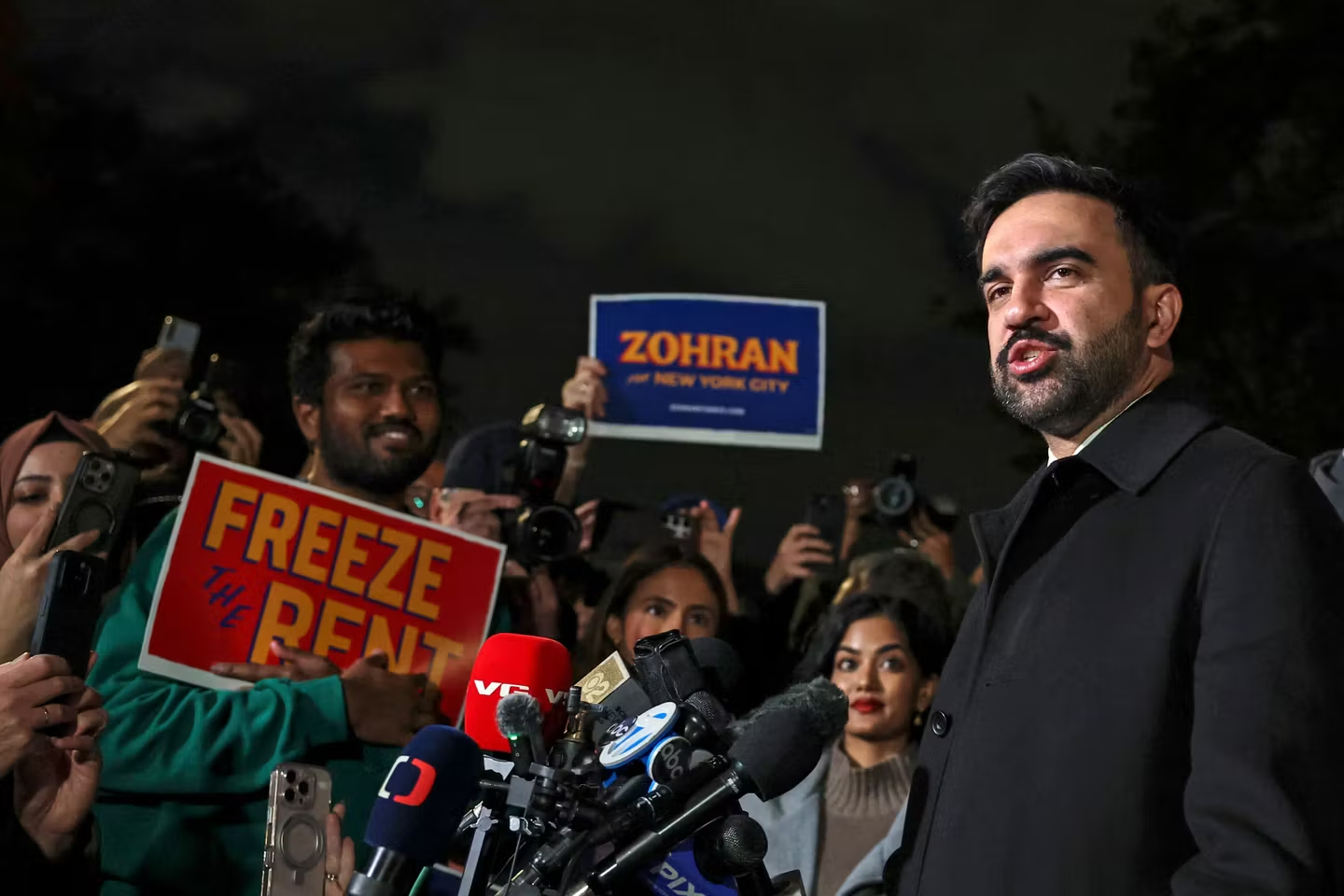Malala Yousafzai and Greta Thunberg: Why Leftist Activism is Divided into Two Camps

The online discourse regarding Malala Yousafzai and Greta Thunberg reveals changing expectations of left-leaning activists. | Todd Owyoung/NBC via Getty Images, Lluis Gene/AFP
You probably never thought you’d see Malala Yousafzai singing along to a mashup of 4 Non Blondes/Nicki Minaj on TikTok with Jimmy Fallon. However, the Nobel Peace Prize laureate has been actively creating such content on social media in recent months. She herself pointed out the irony of her situation, writing: ‘Not me becoming chronically online’ under one of her Instagram posts.
In addition to creating content, Yousafzai recently attended a New York Liberty game, spoke with Jay Shetty, and participated in several talk shows and podcasts. The Pakistani education activist is currently promoting her memoir, Finding My Way, where she reflects on her journey to fame after surviving a gunshot by a Taliban terrorist when she was 11, while returning from school. But the 28-year-old Yousafzai has turned into a media impresario over the years, producing films—one of which was nominated for an Oscar—and a musical with Hillary Clinton.
@fallontonight
What’s going on, @Malala Yousafzai?! #FallonTonight #TonightShow #MalalaYousafzai #JimmyFallon
♬ original sound – dj auxlord
Yousafzai is not the only iconic representative of progressive youth whose image has changed. Greta Thunberg has also undergone an evolution. On October 2, the 22-year-old Swedish activist began her activism to draw attention to the humanitarian crisis in Gaza, and reportedly was detained by Israeli forces during a mission to deliver aid to Palestinians. Thunberg and other witnesses claim that Israeli soldiers dragged her by her hair, provided little food and water, and forced her to kiss the Israeli flag during custody. Thunberg and the other detainees were deported to Greece a few days later.
Observing the two prominent activists at different points in their careers—one on The Tonight Show Starring Jimmy Fallon, the other on the front lines of a humanitarian crisis—has been the subject of much online commentary and has led to a certain ‘fan war’ between their supporters. Many believe Yousafzai and Thunberg represent two opposing types of activists: one sell-out, the other a genuine revolutionary.
Yousafzai’s Activism with Some ‘Baggage’
Recently, Yousafzai has faced significant criticism and questions regarding her integrity as an activist, particularly due to her connections with certain Western leaders.
In April last year, after announcing the co-production of the musical Suffs with Hillary Clinton, Yousafzai received negative feedback. Clinton, a former Secretary of State, was responsible for drone strikes in Pakistan that killed civilians. More than a decade ago, when Yousafzai visited the White House, she expressed concerns about the attacks during Obama’s presidency. Even ten years later, critics consider Yousafzai’s new partnership with Clinton hypocritical.
The situation intensified for Yousafzai after the Hamas attack on Israel on October 7, 2023. Clinton, who has long supported the Israeli government, opposed early calls for a ceasefire in Gaza, contradicting the stance of progressive forces in the U.S., European leaders, and Yousafzai herself, who called for a ceasefire in the days following the attacks.
However, while highlighting the suffering of children on both sides, Yousafzai faced criticism for not recognizing the power disparity faced by Palestinians after Israel’s occupation.
Nevertheless, her Malala Fund has previously provided financial assistance to children in conflict zones, and after the controversy surrounding Suffs, she reiterated her support for the people of Gaza and directly addressed the issue of genocide.
‘I condemn the Israeli government for its violations of international law and war crimes,’ Yousafzai wrote on X. In a profile by British GQ in May, she reflected on the backlash she received regarding Gaza, stating that ‘there are many other issues to address.’
At home in Pakistan, Yousafzai’s reputation has become complicated since she became a global icon. While in the Western world she is considered a heroine, in Pakistan, she has become a victim of hostility, neglect, and even conspiracy theories claiming she is a puppet of Western imperial interests.
It is worth noting that Yousafzai came to the world stage involuntarily. As she describes in her book, she does not control her own narrative from childhood.
Why Do People Compare Malala and Greta Thunberg?
Yousafzai’s criticism peaked, fueled by discussions on TikTok and reports about her drug use during university, coinciding with news of Greta Thunberg’s arrest in Gaza. A plethora of comments online suggested that ‘Greta Thunberg is what Malala believes herself to be,’ along with comparisons of their recent activities.
‘I’ve scrolled through many of these accounts and noticed that many can be categorized as fan accounts,’ says Ryan Broderick, the editor of Garbage Day, a newsletter about internet culture. ‘It felt like very young people without any real political background were treating Greta and Malala like they were Sabrina Carpenter or Taylor Swift.’
The contrast is clear. In 2018, Thunberg gained global attention by staging a strike, refusing to attend school for three weeks while sitting in front of the Swedish parliament ahead of general elections to draw attention to the global climate crisis. Thunberg promised to strike every Friday until Sweden began adhering to the Paris Agreement, inspiring ‘Fridays for Future’ protests around the world.
World leaders and organizations, including the British Parliament and the UN, quickly recognized and praised Thunberg’s protests. In 2019, Time named her Person of the Year. However, her path to fame was not without complications. Some critics perceived her as an example of white privilege in activist circles—a daughter of two prominent parents who received recognition not afforded to other activists, especially activists of color.
Over the years, Thunberg seemingly solidified her activist reputation, keeping herself away from extracurricular activities and remaining a radical voice of the left. From the refugee crisis in the Sahara to workers’ rights and war crimes by the Israeli government, her causes became much less popular or easily assimilated by liberal establishments.
As radical ideas and leftist figures gain traction, it’s interesting to note that Thunberg currently appears to be a more appealing public figure, believes Broderick. After all, Yousafzai is working directly with liberal institutional figures who, in many cases, are responsible for pushing people toward a more leftist orientation.
‘I think [Thunberg’s activism] is a more fitting counterpart for a more radical political space,’ says Broderick. ‘I’m not diminishing [Malala’s work]. This activism is a completely different kind and ultimately takes place in a different world.’
There is a certain absurdity in comparing Yousafzai and Thunberg. They are not pop stars competing for the top of the charts. Although online spats about Malala and Greta reveal that people on the left are demanding more of progressive leaders, this manufactured rivalry also demonstrates how fan culture undermines our relationship with politics.





